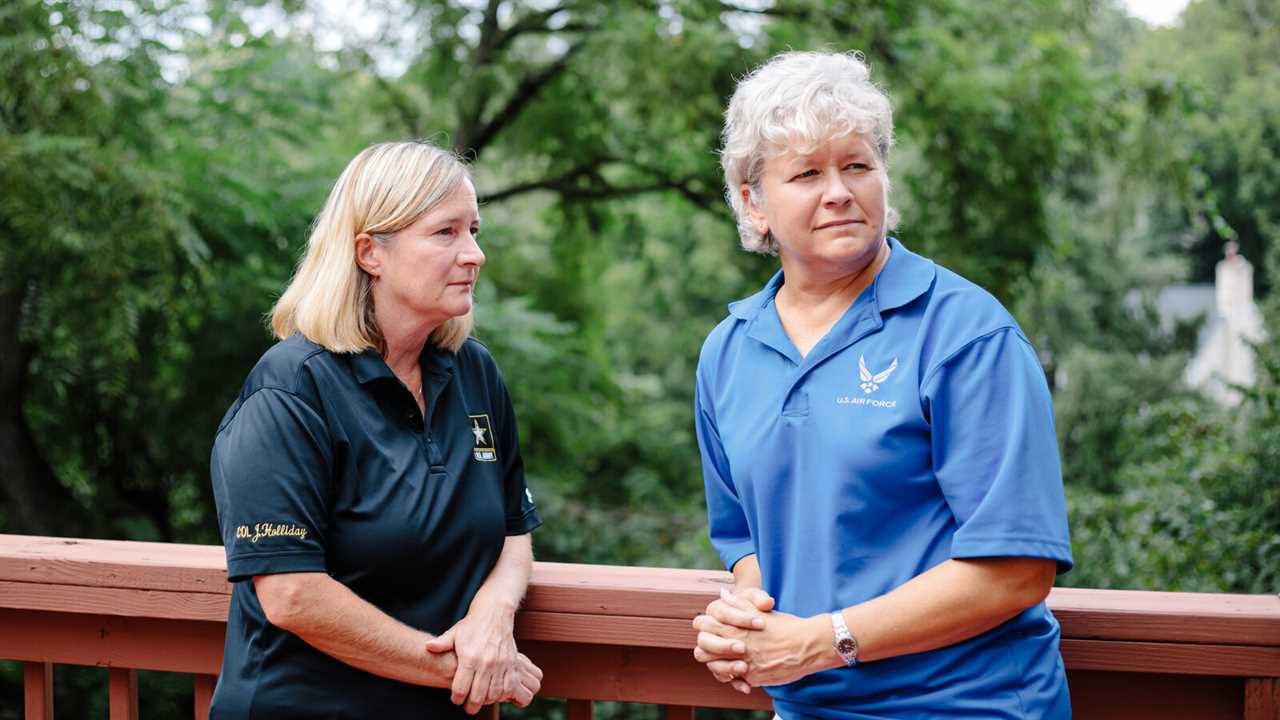
Over the two decades the United States military fought in Afghanistan, more than 775,000 American troops served there, deployed to citylike air bases and to sandbag outposts on lonely mountaintops.
And as the Taliban swept into Kabul on Sunday, wiping away any gains made, veterans said in interviews that they watched with a roiling mix of sadness, rage and relief. Some were thankful that America’s involvement in the country seemed to have ended, but were also dismayed that hard-won progress was squandered. Others were fearful for Afghan friends left behind.
In interviews, text messages and on Facebook, men and women who collectively spent decades in Afghanistan said they were angry that despite a drawdown that has spanned years, the United States could not manage to exit the country with more dignity.
The anguish can be especially raw because veterans often worked side by side with Afghans during the years of attempts at nation-building, and now in that nation’s collapse they see the individual faces of friends who have been enveloped by the anarchy.
“My heart breaks for the Afghan people,” said Ginger Wallace, a retired Air Force colonel who in 2012 oversaw a program that retrained low-level Taliban fighters to clear land mines and work in other jobs that offered an alternative to combat.
At the time, she thought efforts to stabilize Afghanistan were succeeding, and American troops would one day leave the country a better place. But her optimism slowly wore down as the Taliban gained ground.
“It’s heartbreaking, absolutely. I hate to see it end like this, but you don’t know what else we could have done,” she said in an interview from her home in Louisville, Ky. “Do we have an expectation that U.S. service members should stay and fight the Taliban when the Afghan Army won’t?”
More than with other wars in the nation’s history, Americans have been mostly insulated from the fighting in Afghanistan. There was no draft or mass mobilization. But veterans have said in interviews over the years that they were cleareyed about the challenges posed by the war. They saw firsthand the deeply ingrained traditional cultures, tribal allegiances and endemic corruption that continually hobbled American efforts.






